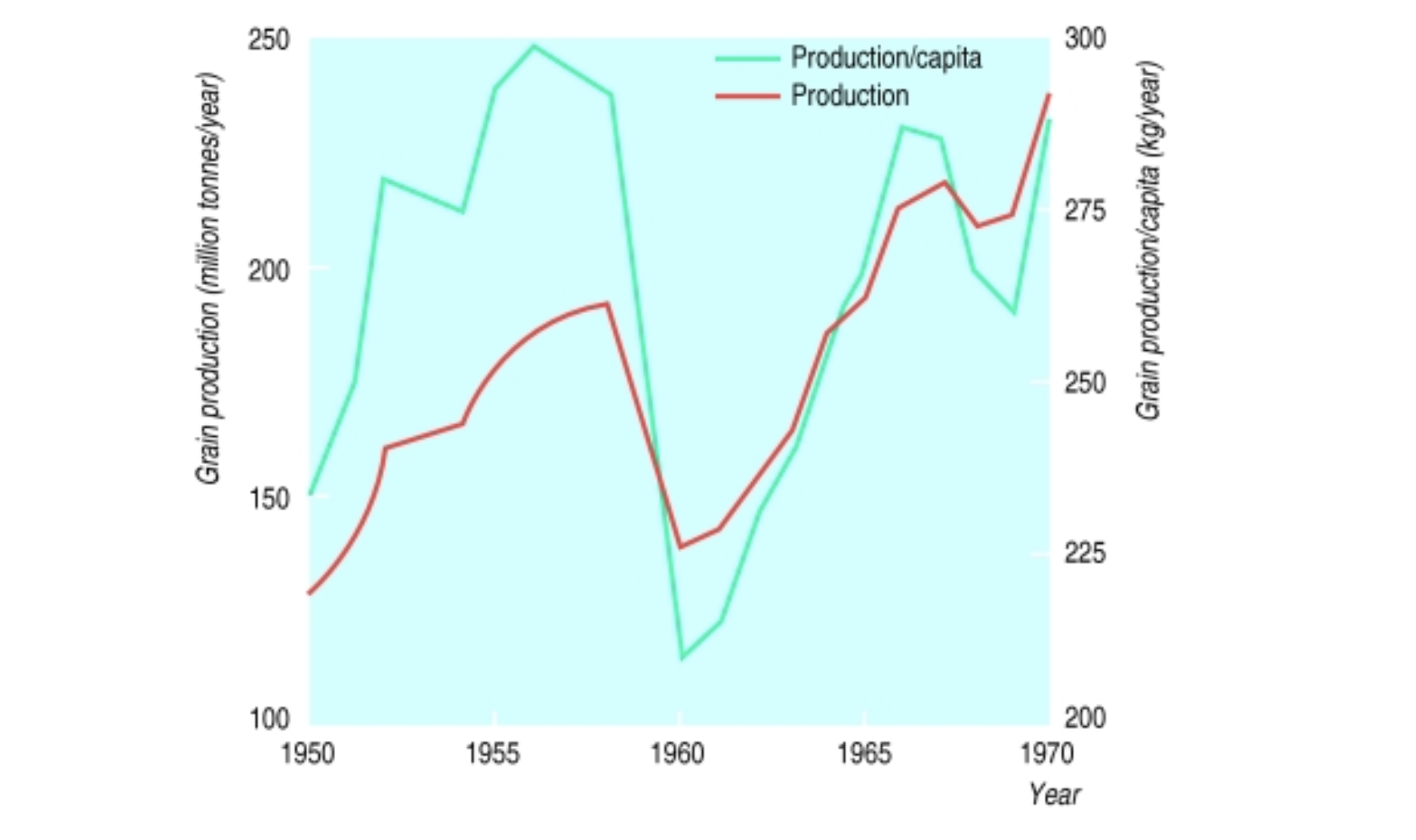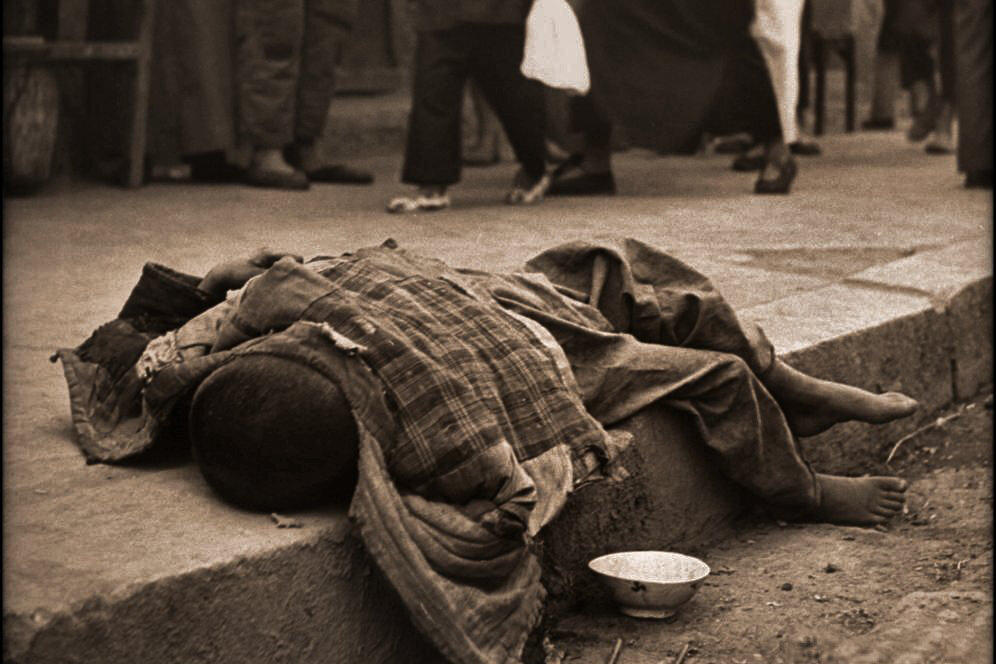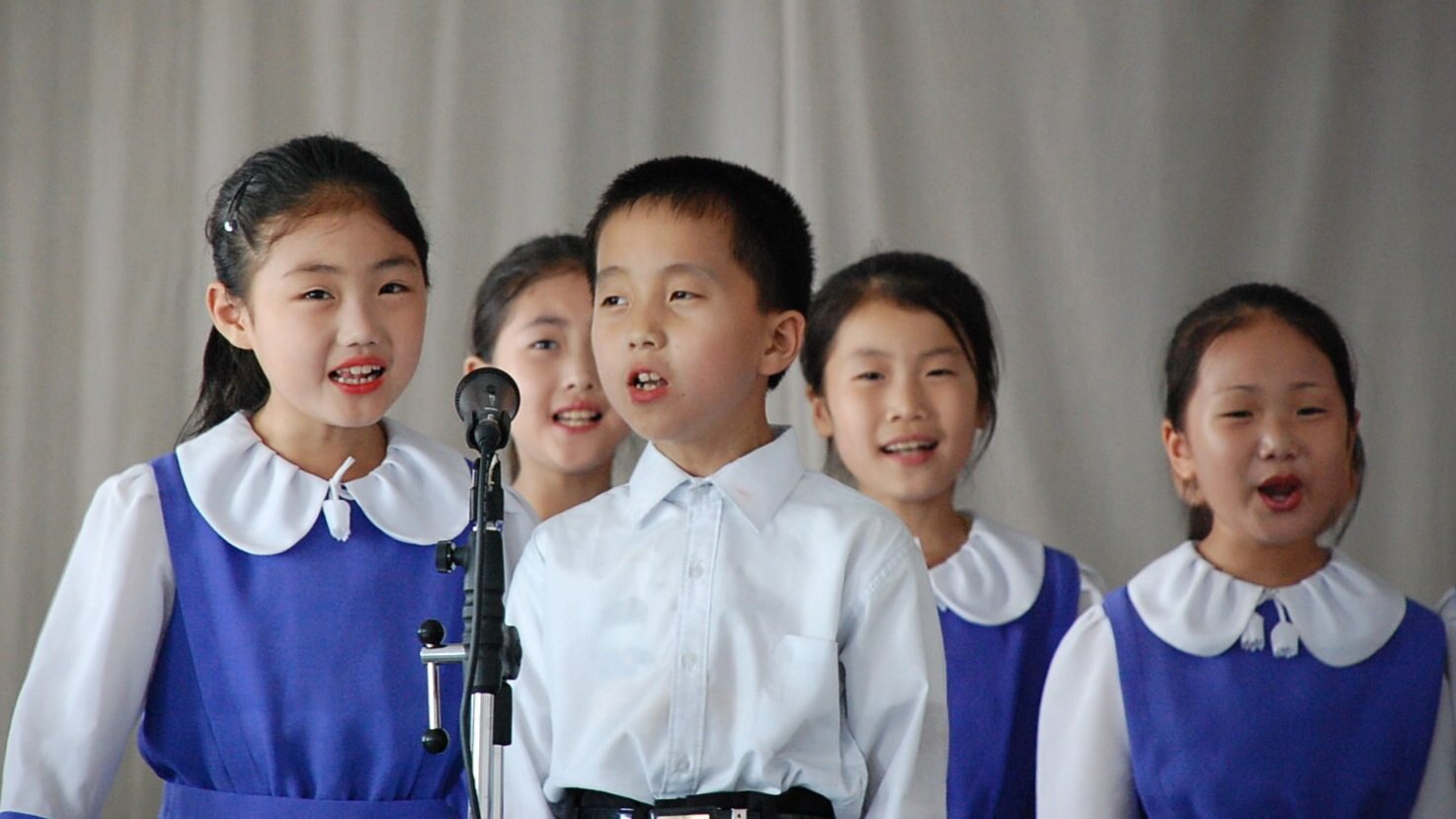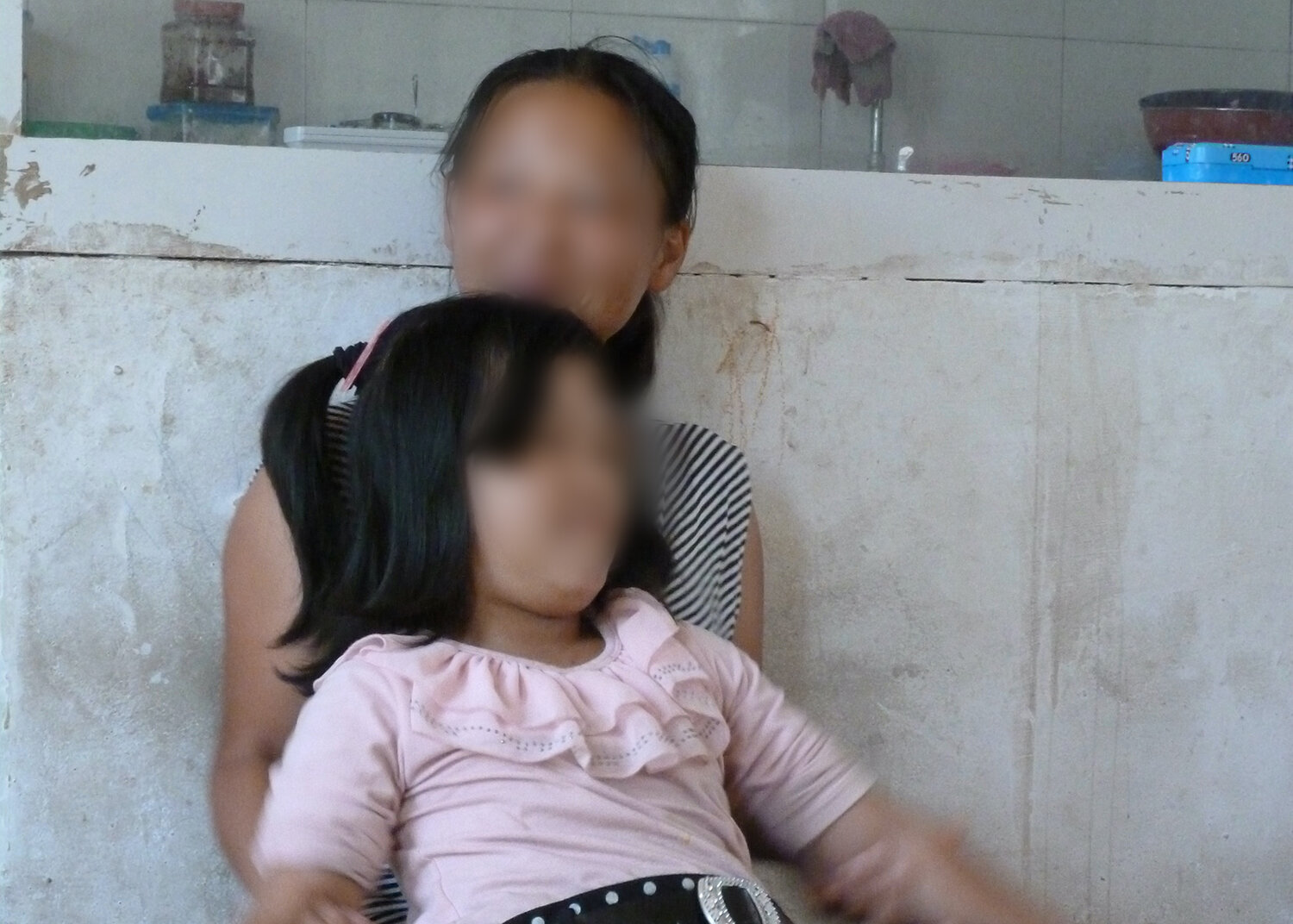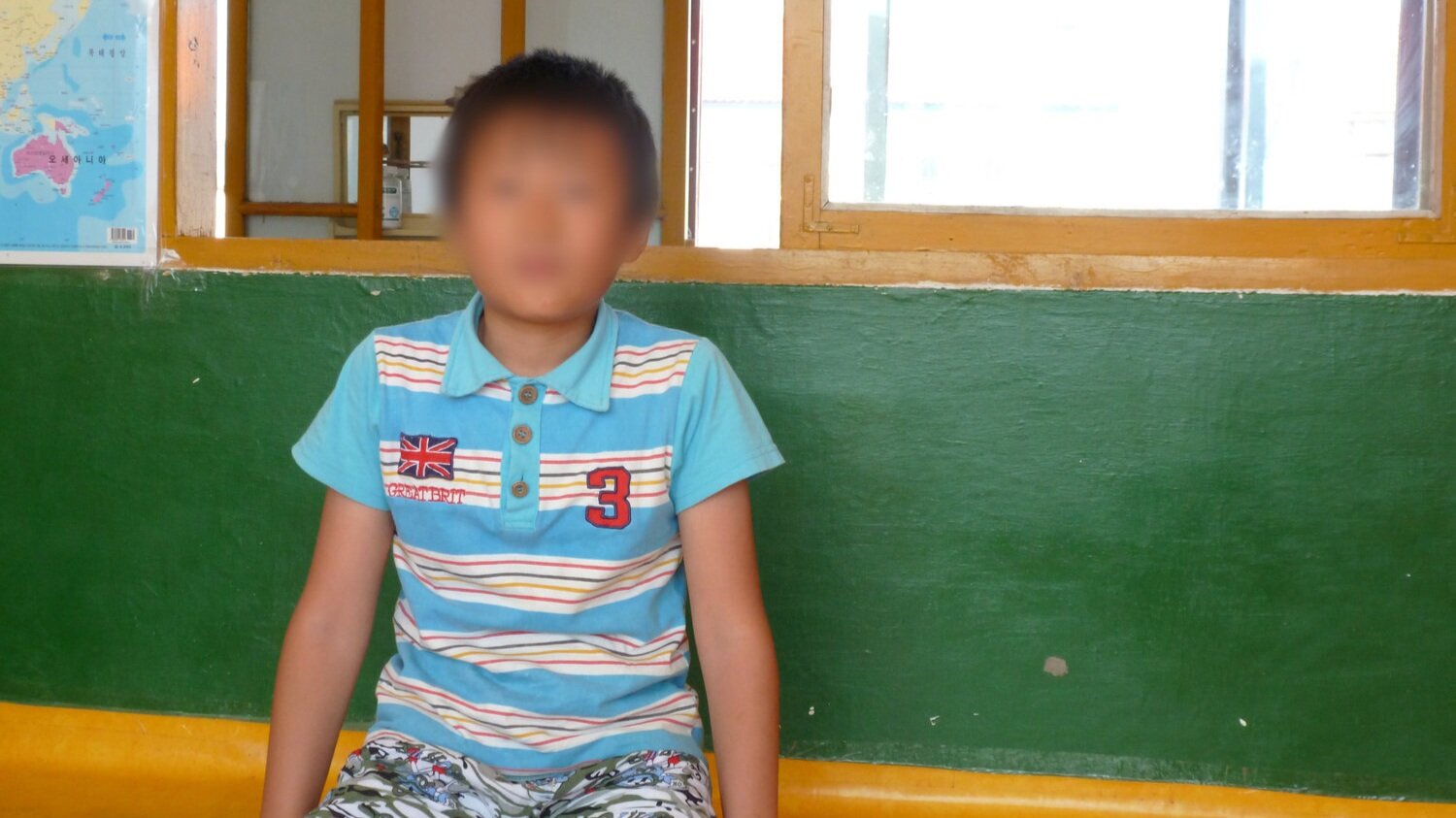A New Opening in China
Since the beginning of the pandemic, Crossing Borders has been unable to send our missionaries to China. Chinese regulations as of 2020 were such that any foreign traveler would have to quarantine for 14 days in a government-run facility in Beijing and then quarantine for another seven days if the traveler’s final destination was outside of Beijing. Even if our missionaries quarantined, movement is limited within China. Citizens including our field workers are routinely questioned at toll booths and by phone for traveling within the country.
Adding to the existing challenges of restricted travel, China has systematically deported most foreign missionaries from its borders. This has been the trend for several years now but the pandemic has accelerated it. Most foreign missionaries that Crossing Borders is in contact with have been expelled and not allowed to return.
By God’s grace, Crossing Borders’ missionaries were not expelled. But at the beginning of this year, we held internal discussions about how we could provide the level of information that we usually report to our donors and partners throughout the year with our missionaries no longer in China. As a stop-gap, we use coded language over the phone or internet to check in on our refugees. This ensures that our services are being administered properly and that there is no abuse, but it does not give us personal details into the lives of the refugees in our network. Those stories that are the hallmark of any Crossing Borders update are just not available for us at the moment. More importantly, it is becoming increasingly difficult to closely enforce the accountability that has kept our organization on the ground for so long.
Despite these overwhelming challenges, we prayed that God would keep the door open in China for us. Miraculously, we believe that God has answered our prayers.
The pastor in our network is trustworthy and a man who has served with much integrity for over a decade. While God has gifted this pastor in caring for refugees, he is not as strong in the area of administration and keeping detailed notes. Finding field workers who are gifted in both areas has been a challenge within our network in Northeast China.
But a candidate recently emerged from our network who fits the qualifications that we need. She has experience working with large corporations that require details and accountability while also having compassion and a heart to serve North Korean refugees. As a Chinese citizen, she will have no problems with getting in and out of the country. She is truly an answered prayer.
We continue to pray for openings for our US staff to be able to visit, but we are confident that the staff that we have in place will be able to carry our work forward into the future.
The Underground Railroad in 2021
South Korea reported that in the second quarter of 2021, a mere two North Korean refugees came into the country. Our staff in China has noticed the difference as well. Our refugees in China often talked about the possibility of leaving the country, but these murmurs have stopped.
There are multiple factors that have contributed to the near halt of the Underground Railroad for North Koreans. According to one of the pastors on our staff, the Chinese government has built a barrier on one of the major escape routes out of China. More concerning is the fact that North Korea went on complete lockdown when the pandemic became a real threat. The country shares a border with China and most of its trade is conducted with China. Shutting its country borders meant that movement between the two countries all but halted.
Many refugees who take the Underground Railroad have family in South Korea. These relatives pay for the expensive defections. And brokers arrange pickups at precise locations along the border at exact times. This activity has all but stopped.
A partner organization also told us that the brokers who normally use this route to shuttle North Koreans to freedom now cater to a different kind of clientele. Instead of North Koreans with no rights, wealthy Chinese are using their services to flee their own country from an ever encroaching government.
There is also the changing posture of the South Korean government towards these refugees. The Moon administration has taken a more skeptical approach to North Korean defector groups. They have cut funding to help North Korean defectors entering the country. They put all of the 289 defector groups in South Korea under investigation last year to make sure their paperwork was filed properly.
Our partners on the ground in South Korea have felt the pinch as well. Many of the organizations that Crossing Borders is in touch with have experienced sharp government cuts in their funding. Some are barely hanging on financially.
This perfect storm of events has led to this near cutting-off of North Koreans reaching South Korea. In the 18 years Crossing Borders has been operating in China, we feel as if our work has entered a different chapter. All of the organizations that were active when we started are now gone. Though there is much uncertainty in the near term, God allows us to continue our work. Through these unknowns, we look forward to seeing how God will continue to reveal his plans for North Koreans.











